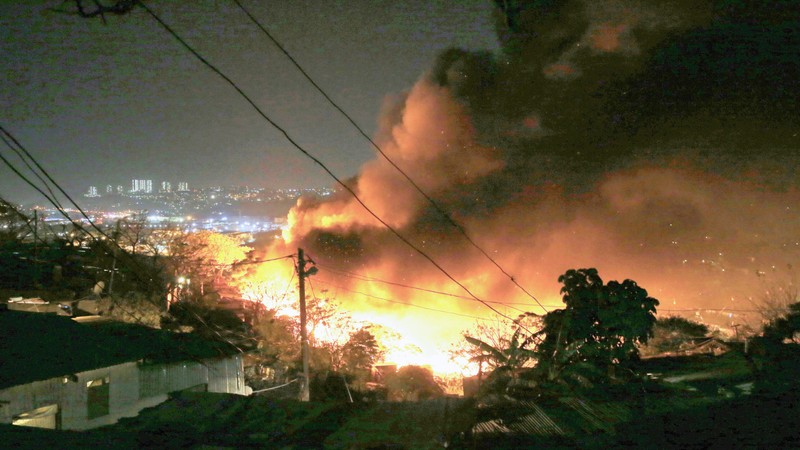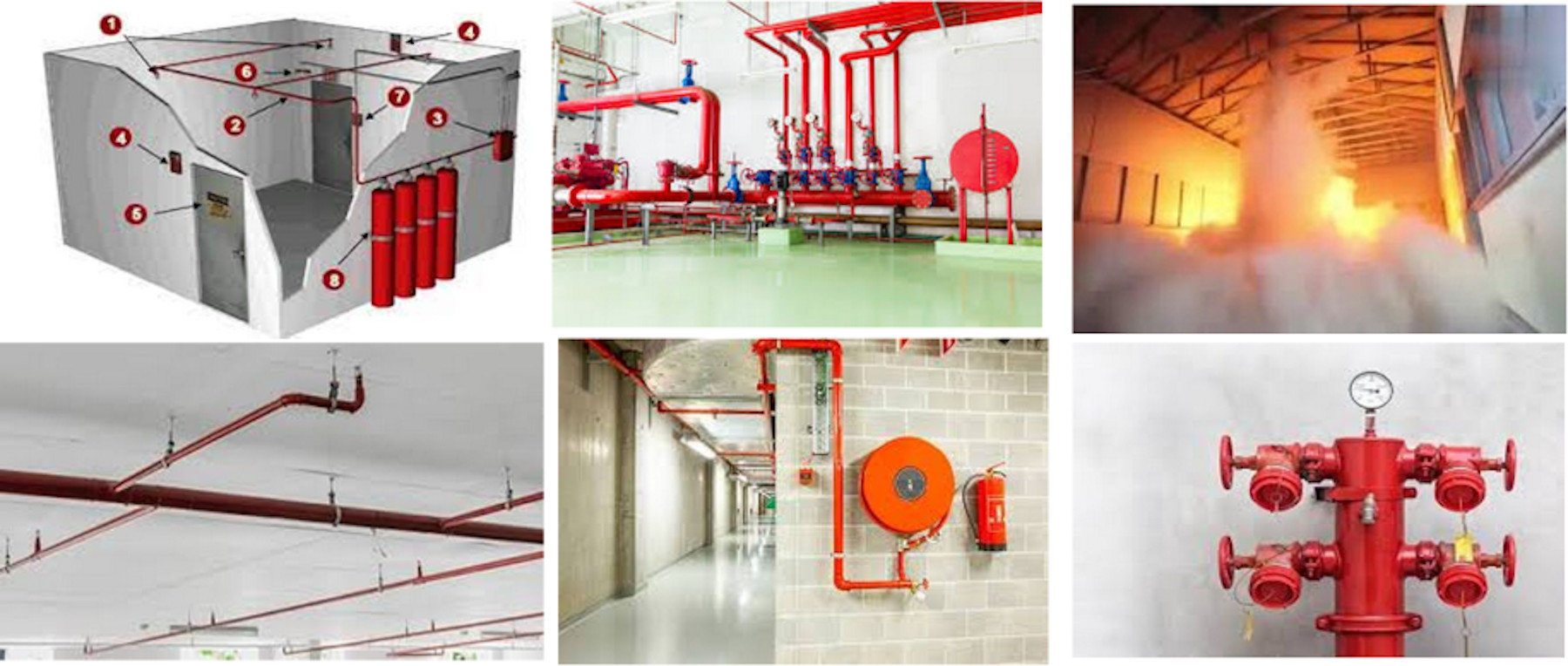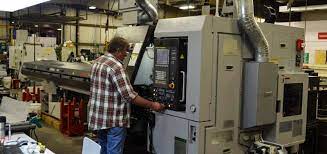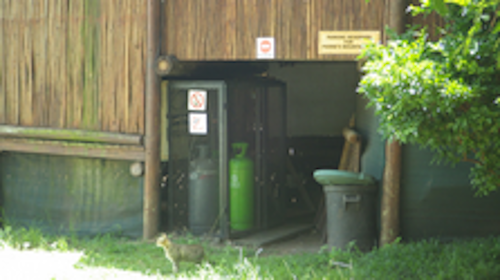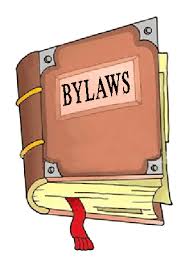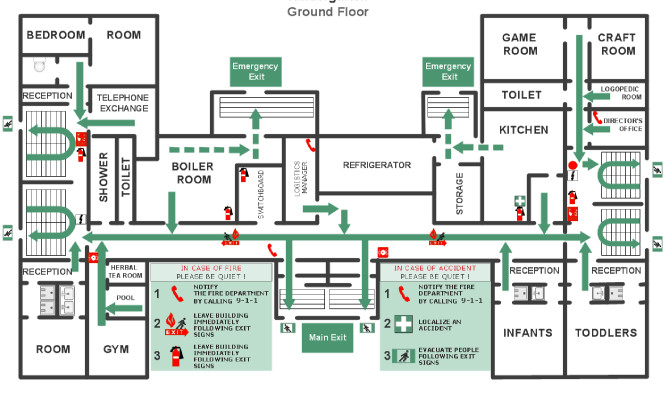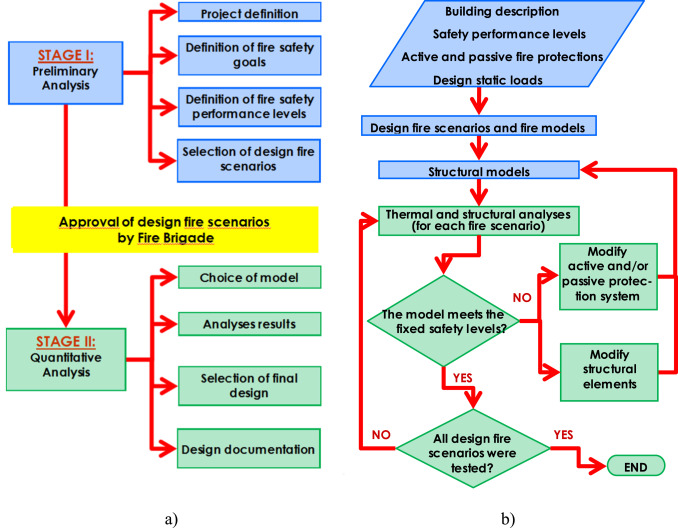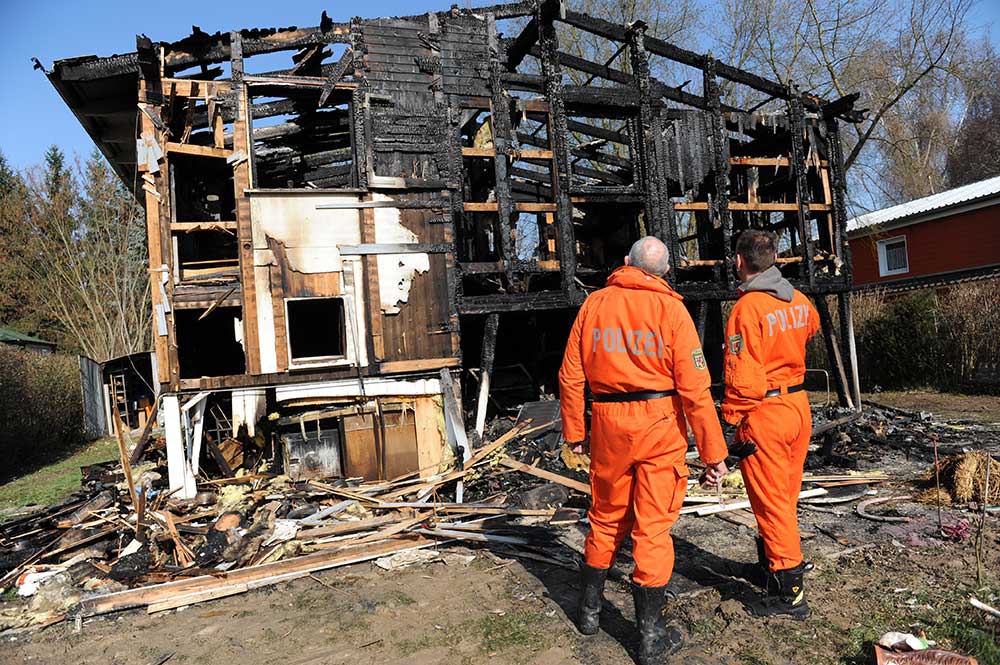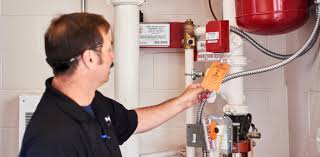
This Course covers three units of study of the subject matter set out in the Institution of Fire Engineers L2 Certificate qualification syllabus.
The qualification has been designed to enable individuals to demonstrate a wide range of entry level critical knowledge and understanding in the subjects of fire science, fire service operations and fire safety.
Success in the qualification will enable individuals to demonstrate that they can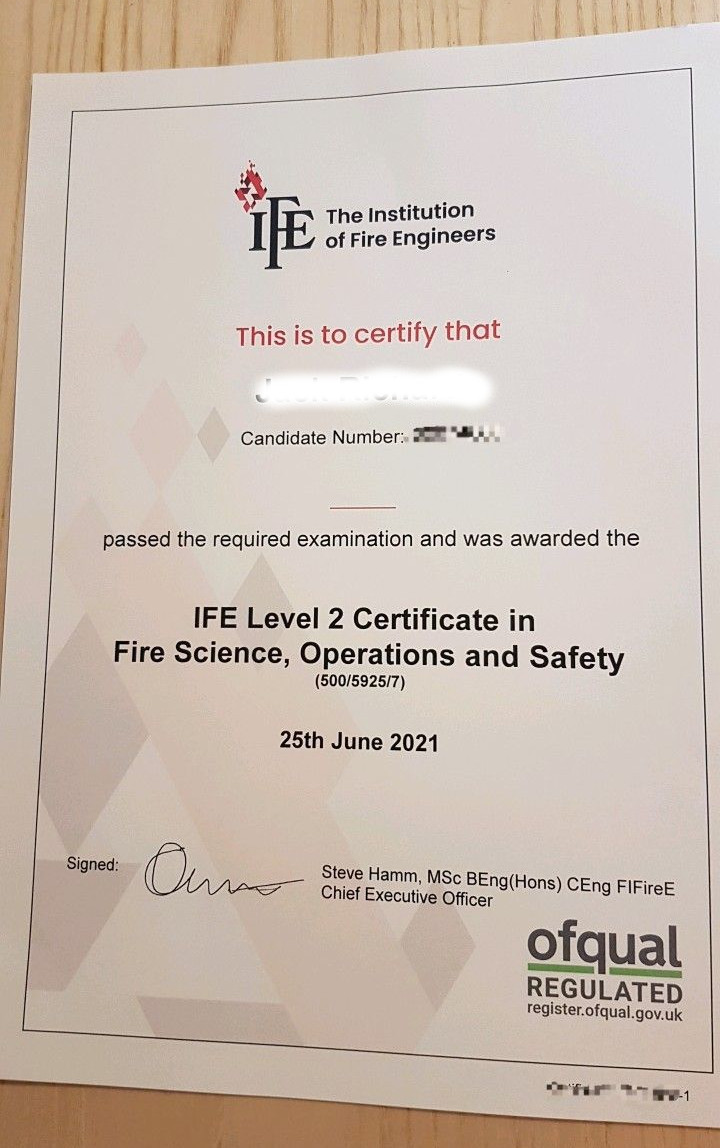 apply their knowledge and skills to provide solutions to a range of fire-related activities. As such it is relevant as a foundational qualification for all in the fire practitioners work-place.
apply their knowledge and skills to provide solutions to a range of fire-related activities. As such it is relevant as a foundational qualification for all in the fire practitioners work-place.
This Course material is designed to help you prepare for the international examination that is set by the Institution of Fire Engineers based in England; by way of online reading material that provides information, illustrations, links to web-based learning reading and videos, tutorials and assessments - all designed to be supplementary to the reference books.
Successful completion of this Course should provide you with knowledge, understanding and confidence to enter for the International Examination. (Note this Course does not provide the International Examination nor Qualification).
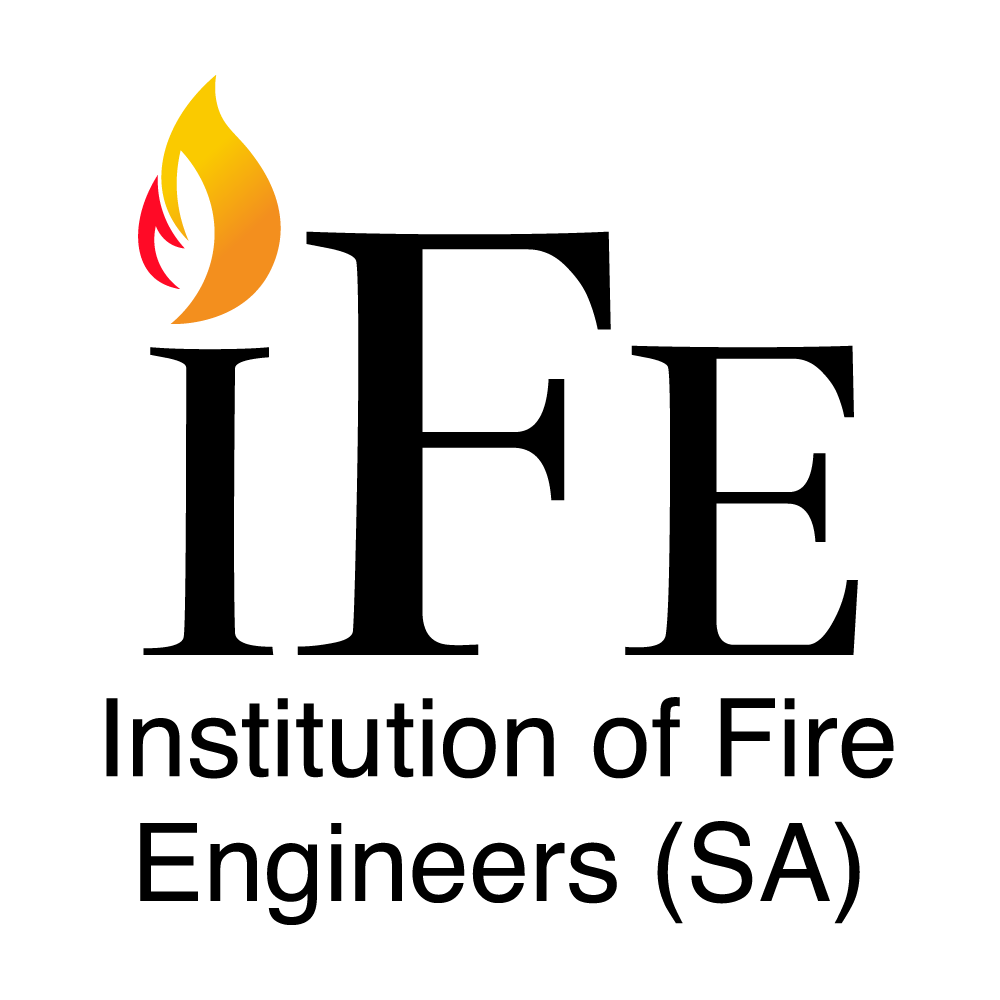 Welcome to the Institution of Fire Engineers SA On-line College portal.
Welcome to the Institution of Fire Engineers SA On-line College portal.
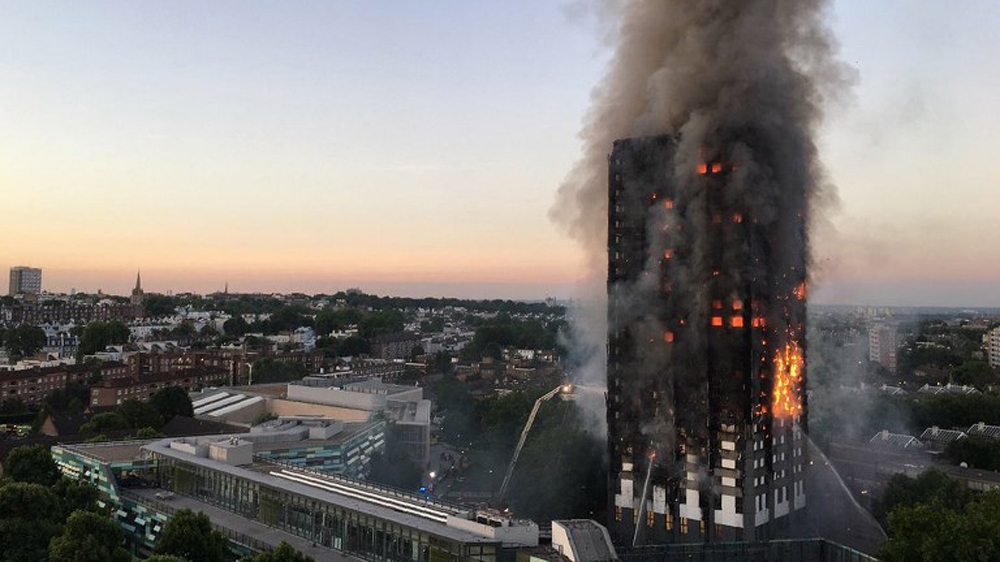
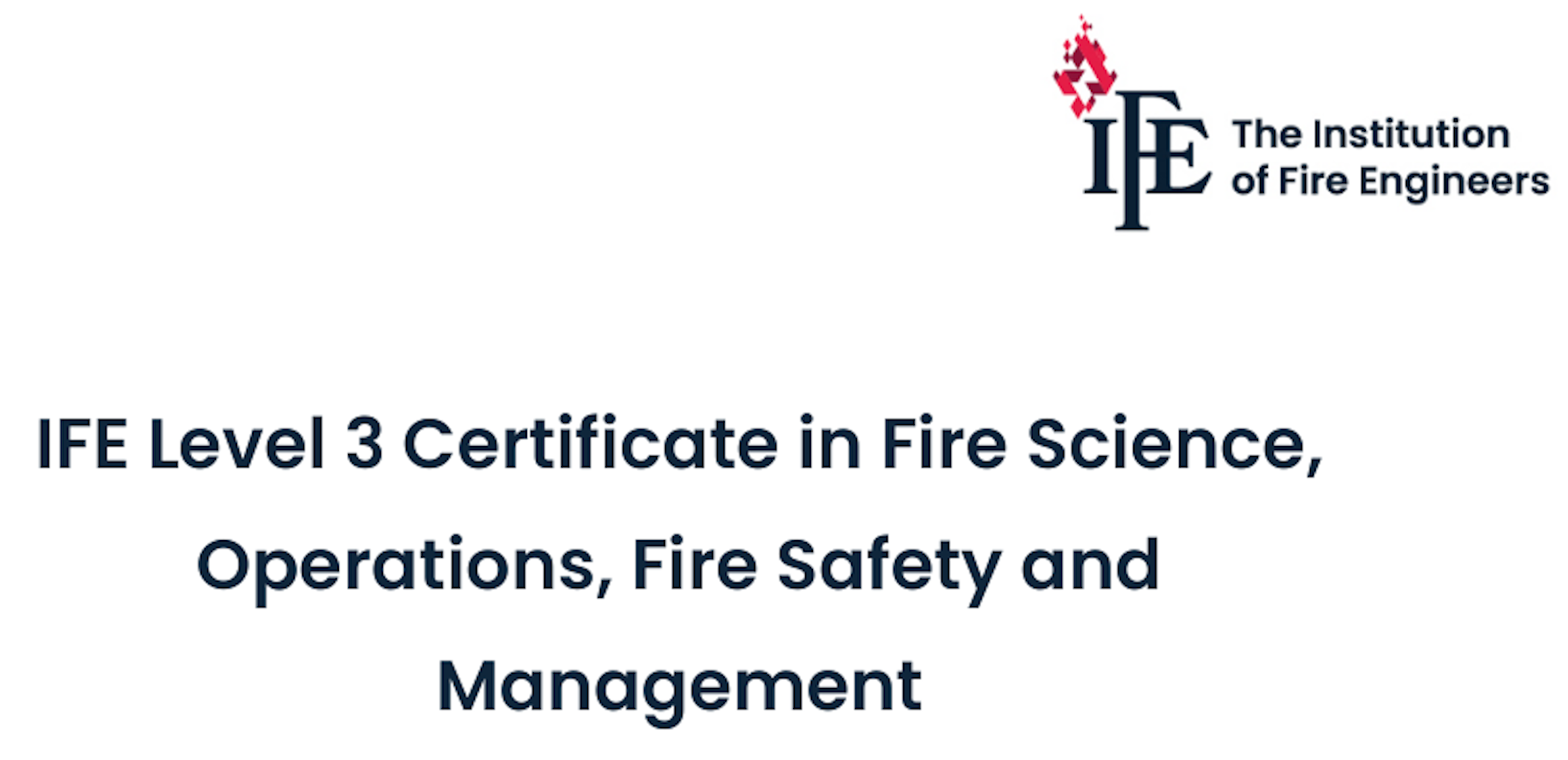
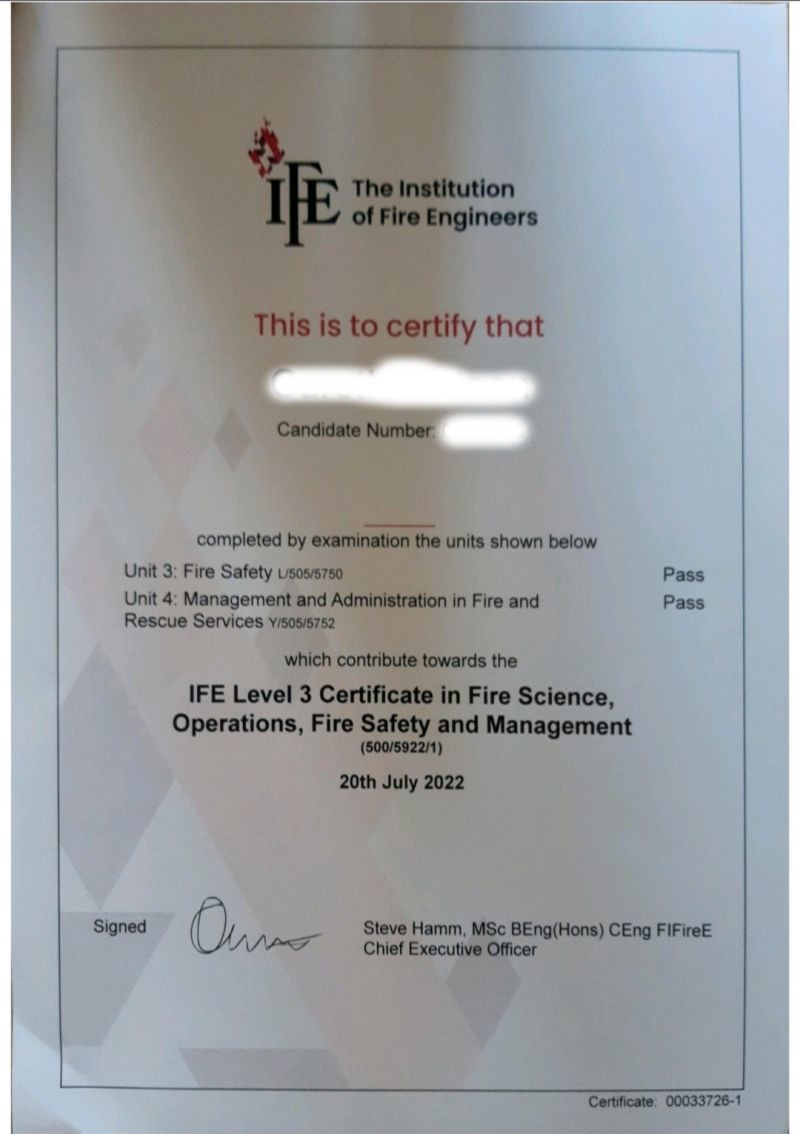 wishing to achieve membership of the IFE at Technician
wishing to achieve membership of the IFE at Technician 